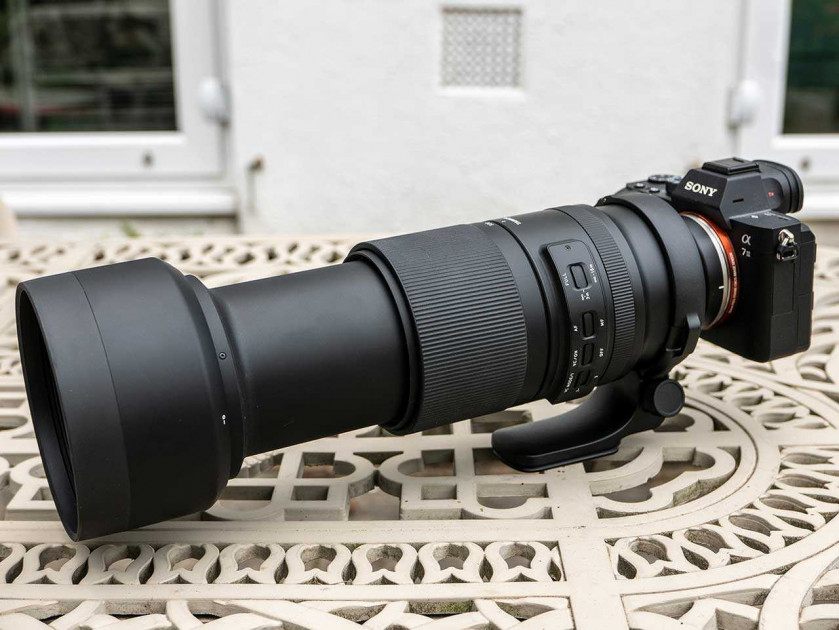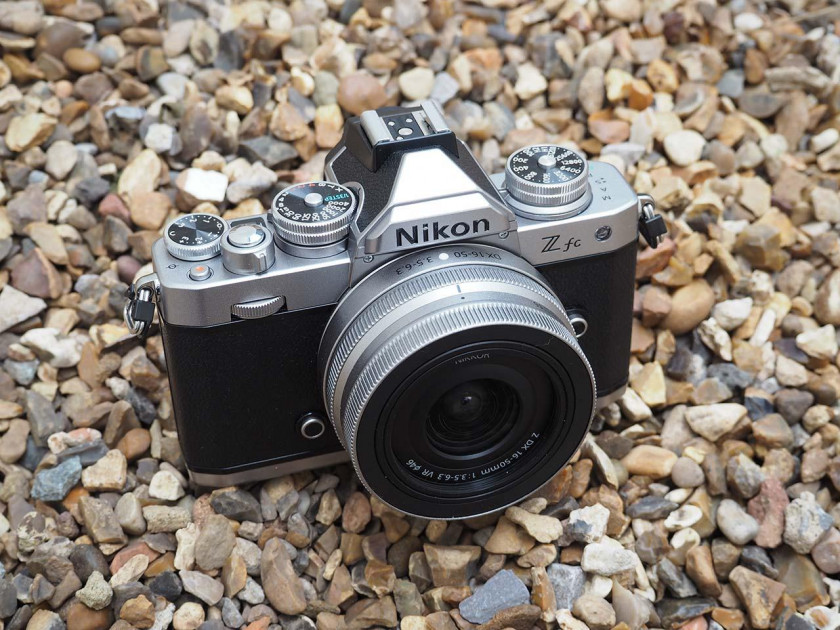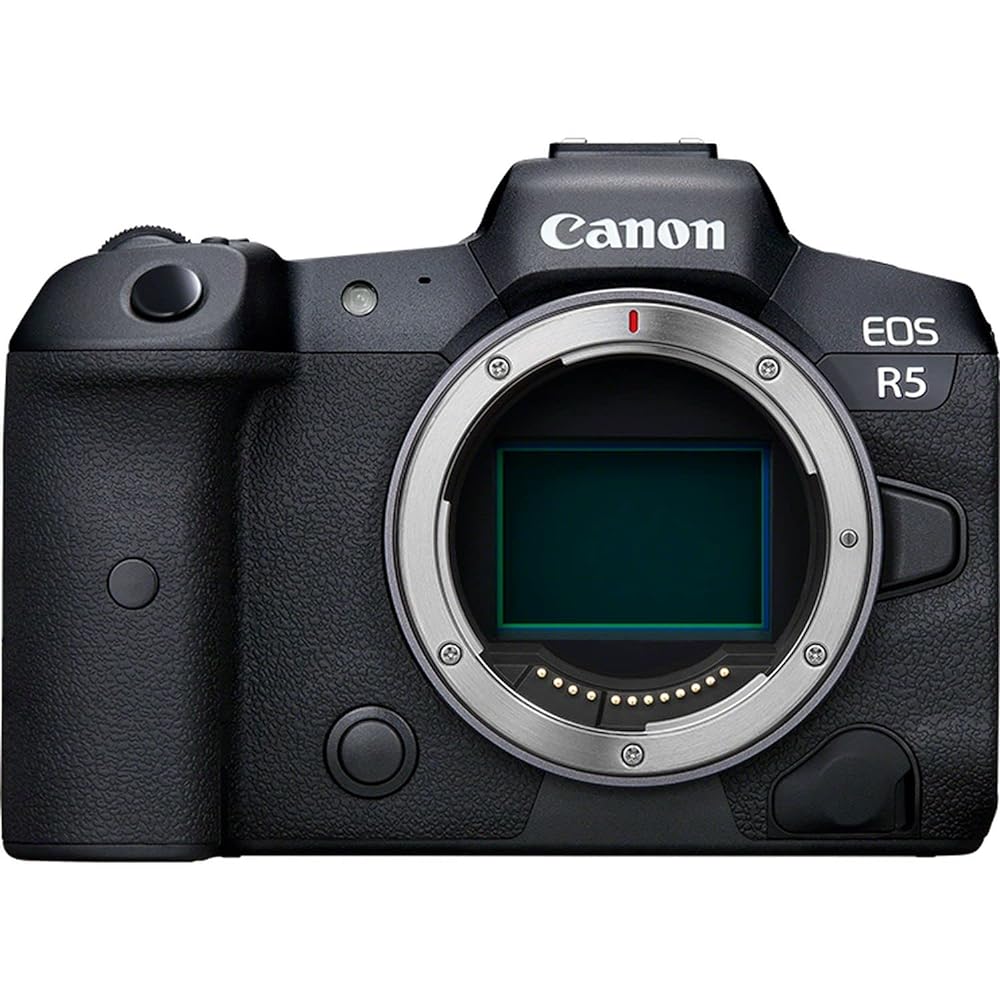The literacy rate in India lies at just 74 percent. Access to school and an education is not par for the course. Since the beginning of 2021, Ulka Chauhan has been dealing with the situation of children belonging to socially and economically disadvantaged families. Over a period of four months, she produced her A Thousand Dreams series with her Leica M10-R – a tribute to the children’s aspirational spirit.
How did the idea for your A Thousand Dreams project come about?
In 2013, circumstances separated me from my two daughters. Since then life has been a constant commute between my home in Mumbai and their home in Zurich. Having spent a few months with them in 2020, I returned to Mumbai in January this year and had to spend a week in mandatory, institutional quarantine. Being confined to a room for a week gave me time to reflect. Although I felt frustrated about my situation, I thought about how frivolous and first world my problems were. My thoughts went to those less fortunate, whose already-existing struggles in day-to-day life were amplified by the current crisis. That is how the idea of a story around underprivileged kids in times of corona was conceived.
Why did you title the series A Thousand Dreams?
For this story, I focused on education for children from marginalised socio-economic backgrounds. Children of construction workers, domestic workers, street side vendors, and rickshaw drivers, living in slums in the city or in modest homes on the outskirts. They are the children of daily wage earners, who were confronted by starvation, migration and loss during the initial stages of the pandemic. I visited not only the schools but also their homes. Speaking with the kids made me realise that, despite their harsh realities, they have big ambitions regarding what they would like to become when they grow up. I was very moved by their positivity and energy, and the title A Thousand Dreams is a tribute to their aspirational spirit.
Your intense pictures show daily school situations under extreme conditions. In India, you wrote, literacy is a challenge even at the best of times…
Yes, several factors – like poverty, gender discrimination and caste differentiation – make literacy a challenge in India even at the best of times. During my visits to the schools, I realised that these kids did not have the option of online schooling, due to the lack of technology and internet connectivity. They attend physical school even during corona times, where space constraints mean they can not afford the luxury of social distancing.
In what way do you think photography is a kind of need, or help or even support for you during these times?
Photography has been a tremendous support for me since mid 2019. It has provided some much-needed direction, purpose and meaning. It helped me navigate the challenges of life. It has been a refuge for me during difficult times and a safe space to explore a multitude of emotions concerning motherhood, conflict, hope, love, isolation and resilience.
What kind of equipment did you use?
I work with the Leica M10-R camera and have four Leica lenses (Summicron 28mm, Summilux 35mm, Summilux 50 mm, and my dad’s Elmarit 90mm). For this particular project I used the 28 and 35 focal lengths.
What did you like most while handling the equipment?
I have always had something of an emotional connection to the Leica brand as my dad was a huge Leica fan. He had several Leica M cameras over the years. When he passed away I got his last Leica, which is when I got hooked. I bought the new M10-R in September 2020. I love that it is a completely manual camera. I find this philosophy of slow photography to be very mindful and meditative. I also love the way a Leica renders light and colour. It takes the image quality to a whole new level.
Concerning the technical aspects, were there any tricky or special situations?
Yes, the small and dark spaces of some of the classrooms and homes were a challenge.
Did you feel strange in any way, shooting with expensive equipment in schools where the technical possibilities are rather modest?
In India, disparity is something you are confronted with on a daily basis. It is something that people on both sides of the economic divide have become accustomed to. I did not feel strange about photographing with an expensive Leica camera, because I was focused on capturing the story of these children and I am very grateful to have it seen and heard here on the Leica blog.
Only 74 % of the Indian population know how to read and write. In which way do you think your photographs can help change the educational situation in India?
This is a difficult question to answer. It touches upon the bigger question of whether photography can bring about change. Yes I do believe the camera is a powerful tool in that it brings to life stories that are otherwise just faceless statistics. I hope my Thousand Dreams story will raise consciousness towards issues surrounding child education in India.
What did the people you met tell you about their situations and their perspectives?
I spoke with several people while documenting this story, including heads of NGOs, school owners and directors, teachers, parents and the students themselves. The one thing that came across throughout was the determination, ambition and willpower of these children.
How would you describe your photographic approach?
I like using light, colour, scale, movement and other elements, in a way that I can strike a good balance between making it artistic and keeping it real. Whether I’m shooting street or documentary, be it in India or Switzerland, I have a great deal of respect and sensitivity towards the subjects and stories I cover.
In your opinion, what characterises a “perfect” photo?
A perfect photo… is one that moves me.
Please complete the following sentence: photography is …
…as much about exploring the world as it is about discovering myself. So when I’m shooting the colourful and chaotic world of India, or the linear and structured world of Switzerland, photography makes me come ever so much closer towards finding my voice. The lens truly does look both ways.
Ulka Chauhan lives and works between Zurich and Mumbai. Her passion for photography was ignited by a photo workshop in 2019. Since then, her work has been selected as ‘Master Shots’ or ‘Best in Category’ by the editors at the Leica Fotografie International Gallery. Interviews about her have been published recently on the Leica Switzerland blog, and in the Pictorial List Arts and Humanities magazine. Ulka has exhibited her work at group shows in Mumbai and Zurich and will be participating in the Venice Photo Lab and Treviso Photo Festival later this year. She works under the guidance of documentary photography mentors from the Leica Akademies in the UK and Switzerland. Born in Mumbai, Ulka studied in India, Switzerland and US, and holds a Bachelor’s degree in Business Administration, with a major in Finance and Economics, from Babson College in Boston. She previously worked in advertising at Young & Rubicam on Madison Ave, NYC, and at Rediffusion Y&R in Mumbai, before embarking on her journey into photography. Find out more about her photography on her website and Instagram channel.
Leica M
The Leica. Yesterday. Today. Tomorrow.









